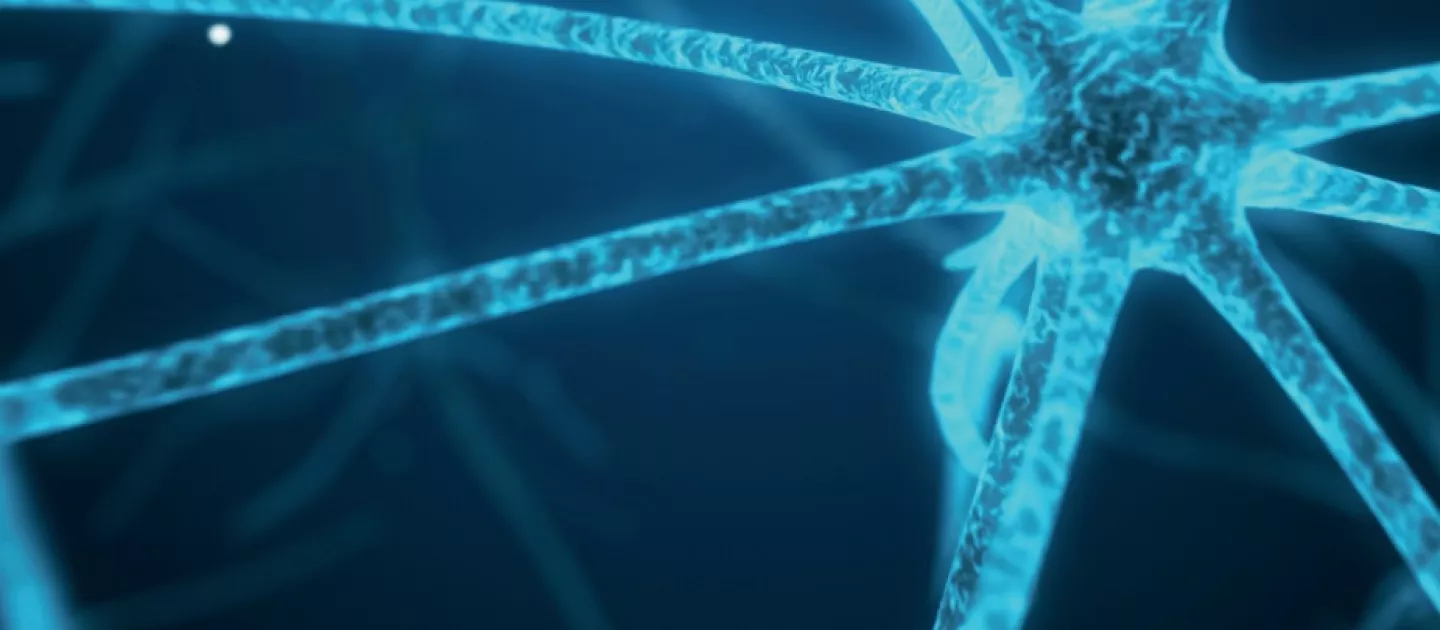Summary of the Impact:
Psychology has traditionally focused on biological, genetic or personality factors to explain why some people cope better or worse than others in adverse situations. However such a focus can lead to a therapeutic dead end as it is very difficult to change a person’s temperament or genetic predispositions. Researchers at the Centre for Social Issues Research at University of Limerick have addressed this problem by conducting highly regarded research on the benefits and burdens of so-called ‘collective identities’, such as nationality, socio-economic groups, and ethnicity. This work has shown how the collective or shared understandings of a person’s identity can profoundly shape their adaption to stressful, traumatic or adverse circumstances.
Our research findings on the benefits and burdens of collective identities have been translated into practical benefits
The centre members have worked with policy-makers, government departments and public service organisations to apply these research findings to national policy, public services, and training programmes for social and health care professionals. At local levels, the centre has worked closely with NGOs and voluntary groups. This engagement has translated the research findings into practical benefits for communities and statutory agencies living and working at the coalface of adversity.
